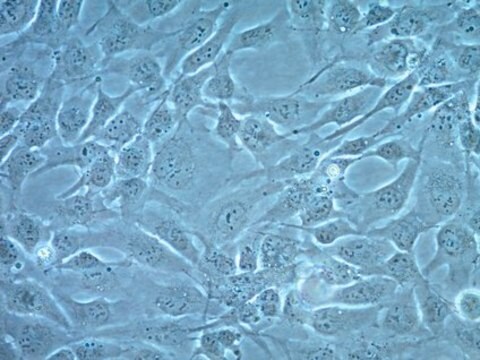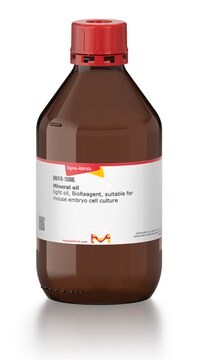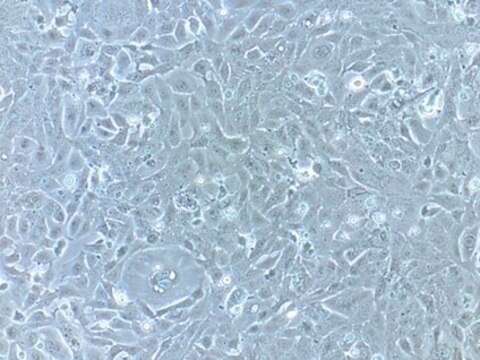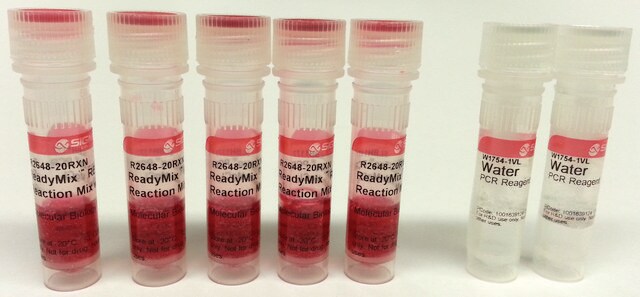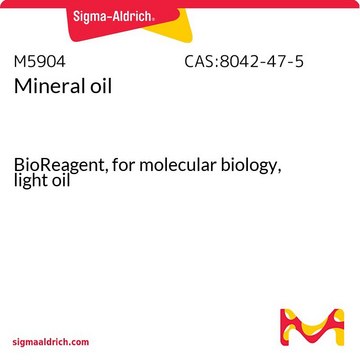TAQDKB
Roche
KAPA Taq PCR Kit
Buffers with dye
Synonym(s):
PCR, taq
About This Item
Recommended Products
Quality Level
shelf life
≤18 mo.
feature
dNTPs included: no
hotstart: no
packaging
pkg of 250 U (KK1020)
pkg of 2500 U (BK1004)
pkg of 500 U (KK1022)
pkg of 5000 U (BK1006)
manufacturer/tradename
Roche
technique(s)
PCR: suitable
input
purified DNA
storage temp.
−20°C
Looking for similar products? Visit Product Comparison Guide
General description
Application
- High throughput PCR
- Amplification of low copy DNA templates
- Multiplex PCR
- Specific amplification of complex templates
- RT-PCR
- Polymorphism genotyping
Biochem/physiol Actions
Features and Benefits
- Improved sensitivity, specificity and yields
- Novel buffer formulation facilitates specific primer annealing, leading to higher yield of specific product.
Quick Notes :
- KAPA Taq DNA Polymerase can replace any commercial Taq DNA polymerase in an existing protocol.
- The final MgCl2 concentration may need to be optimized to account for differences in buffer formulation.
- KAPA Taq Buffers contain MgCl2 at a final concentration of 1.5 mM. Buffer A is recommended as first approach and for applications requiring high yields.Buffer B is recommended for applications where high sensitivity is required (e.g. when the template is limiting). Both buffers may be evaluated to determine the buffer most suitable for a specific application.
- The KAPA Taq PCR system is suitable for the amplification of fragments up to 3.5 kb from genomic DNA or 5 kb from less complex targets.
Quality
Preparation Note
Other Notes
Legal Information
Kit Components Only
- KAPA Taq DNA Polymerase 5 U/µL
- 10X KAPA Taq Buffer with loading dye
- MgCl2 25 mM
Storage Class
12 - Non Combustible Liquids
wgk_germany
WGK 1
flash_point_f
does not flash
flash_point_c
does not flash
Certificates of Analysis (COA)
Search for Certificates of Analysis (COA) by entering the products Lot/Batch Number. Lot and Batch Numbers can be found on a product’s label following the words ‘Lot’ or ‘Batch’.
Already Own This Product?
Find documentation for the products that you have recently purchased in the Document Library.
Articles
An overview of directed evolution and the methods for generating proteins with optimized or entirely new functions.
Our team of scientists has experience in all areas of research including Life Science, Material Science, Chemical Synthesis, Chromatography, Analytical and many others.
Contact Technical Service